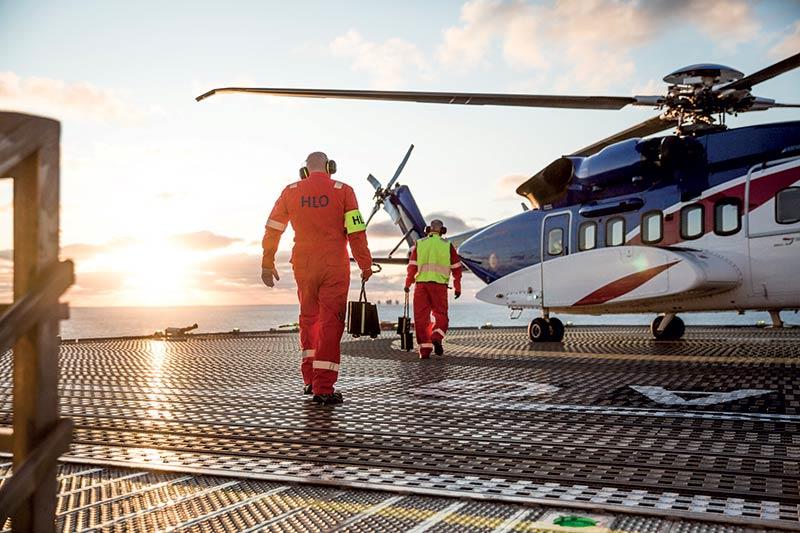The dramatic global events of the past year have further accelerated the drive in the ongoing move to a lower-carbon energy mix across the world’s economies.
The market penetration of renewable energy continues to increase, and customers demand cleaner, less impactful, and often more local energy sources with larger recycled content wherever possible.
However, it remains the case that, despite extensive media coverage of negative investor sentiment, hydrocarbon energy sources will remain key to the global energy mix for much time to come, albeit with only the cleanest, lowest carbon, low-cost hydrocarbons finding acceptance in society.
Removing carbon from these traditional energy sources continues to be the focus of the mainstream energy industry, building infrastructure to mitigate carbon emissions from core assets and continuing to reposition asset bases to a lower-carbon world. It is a difficult and complex journey, and it is clear that some organisations are managing this transition more elegantly than others.
Carbon capture projects in Europe are progressing and will draw on many of the project management and subsurface skills of the mainstream hydrocarbon industry. Returns in these projects are likely to be challenging as existing assets are repurposed, but it is progress, nonetheless.
Much has been written in the past year about the rise of the hydrogen economy, with a strong lobby developing in Europe, driving policy and subsequent regulation. The costs of using hydrogen at scale remain very high however, and investors are justifiably cautious.

Cost of supply matters, and sweeping promises of future deflation should encourage scepticism and require scrutiny. The cheapest and most reliable way, by far, to abate CO2 emissions at scale is to plant trees; a truth that is perhaps inconvenient to many in industry.
Investment activity in the circular economy is significant and is on the increase, as customers become ever more thoughtful about the effects and scale of plastic pollution, waste management, and the full cycle impact of their purchasing patterns and lifestyles.
The last 12 months have resulted in families being in their own households for often long periods, and the focus on product use and individual impact has surely increased as a result. The travel restrictions worldwide – unthinkable only a short time ago – have challenged long-distance supply chains and intensified the local nature of life in many communities.
The limitations on food and household products, the first experienced at scale in many decades for Western economies, have added awareness to the role that the circular economy can play in minimising waste and maximising recycling and reuse.
Transportation is also being reconsidered by customers and businesses both large and small, and sales and development of electric and hybrid vehicles – both retail as well as commercial – continue to grow. The technology and infrastructure to service and refuel this growing fleet efficiently, with its changing consumer patterns, requires huge investment, and this will no doubt remain a key area of competition.
As investors, we continue searching for opportunities that capitalise on these trends, and we embrace the transition to a New Energy mix.